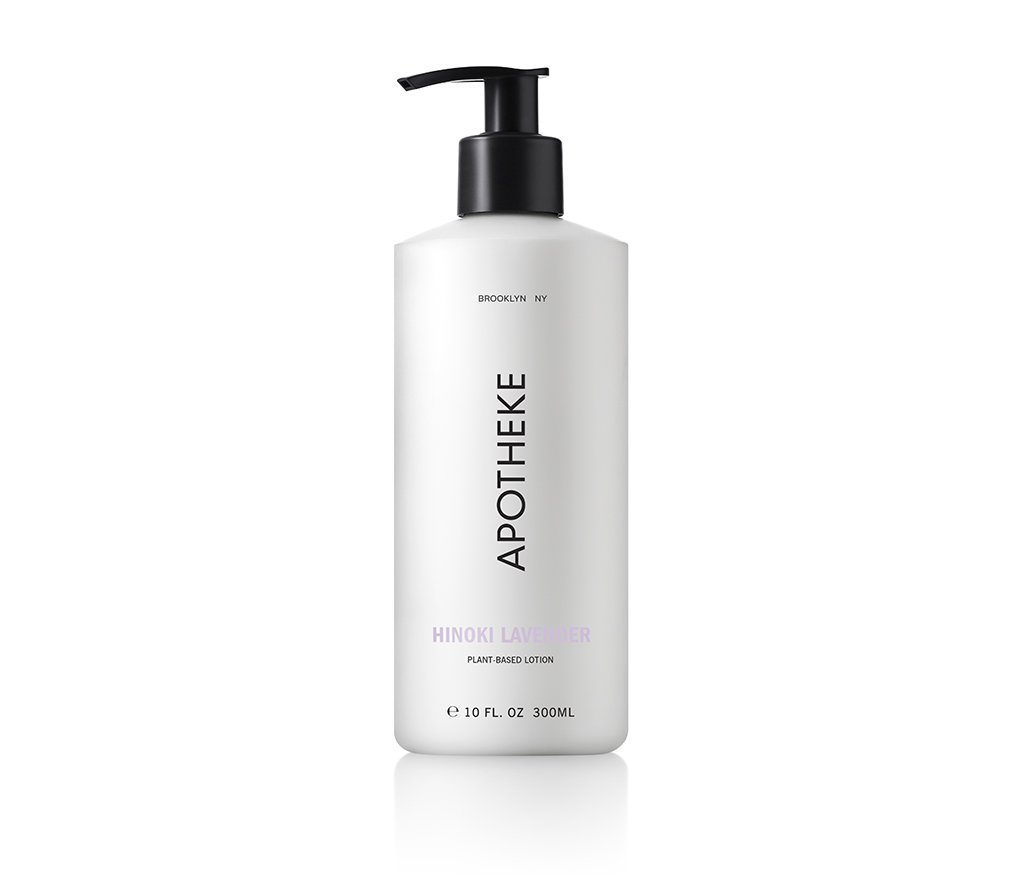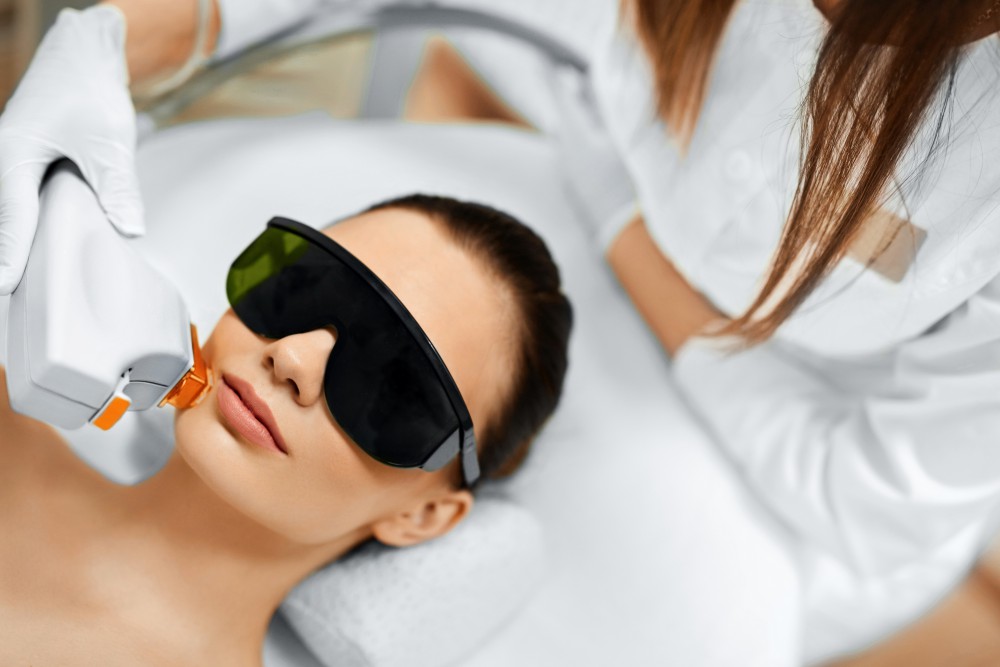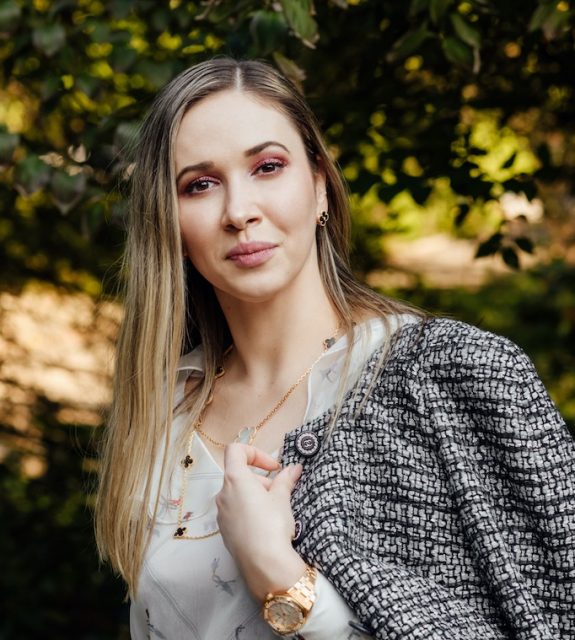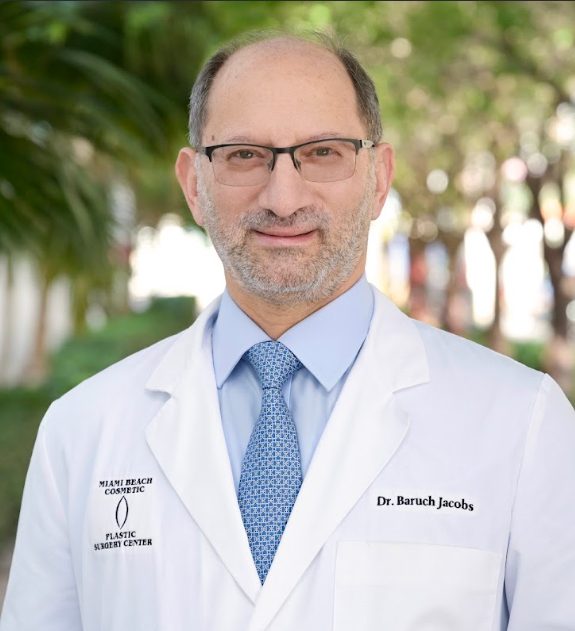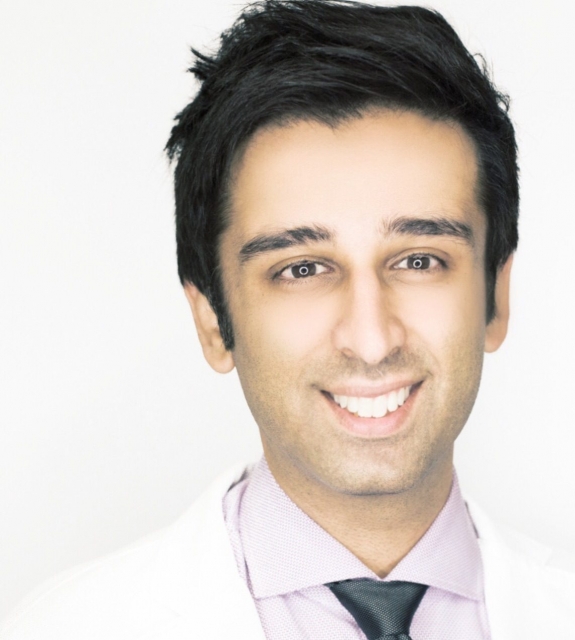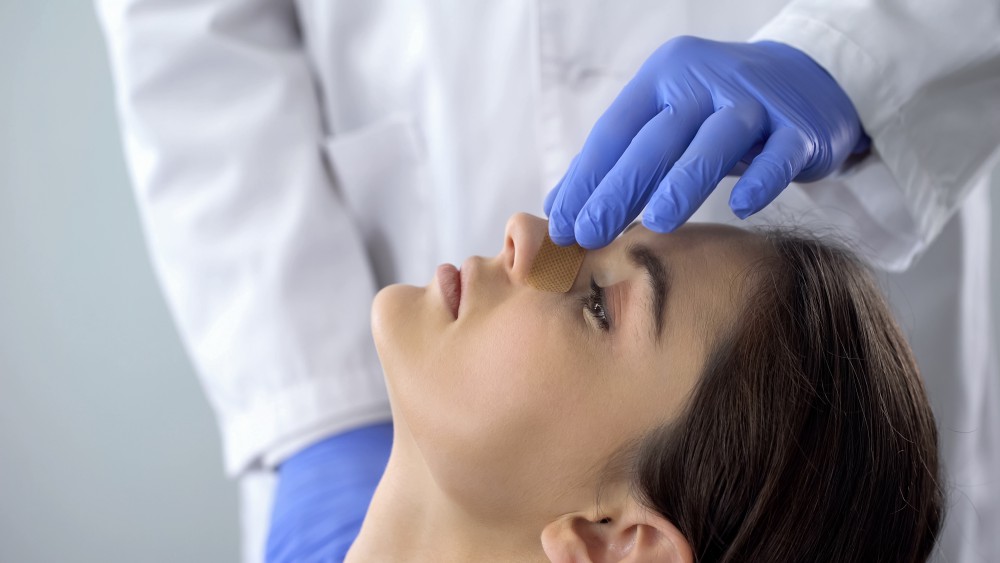
Rhinoplasty can be considered one of the top cosmetic surgeries preformed nationally. Whether patients are seeking a sleek profile, smaller bridge, or a more distinct tip, doctors are adhering to their request one surgery at a time. Dr. Demetri Arnaoutakis, sat down with Haute Beauty to discuss the differences between non-surgical and surgical nose jobs, and which celebrity nose patients are requesting the most.
What distinct features are patients typically looking for with rhinoplasty?
The answer to this question depends on each individual’s age, anatomy, ethnicity and gender among other factors. To refine a nose that matches the face, it is very important to evaluate the patient’s underlying nasal bone structure, cartilage and skin in relation to the eyes, lips and chin. Each of these facial features should be in harmony with the nose to create a natural facial aesthetic. A wide bridge or significant hump is one of the most common reasons for a patient to elect to undergo a rhinoplasty. This can be managed by shaving down the dorsum of the nose or even in-fracturing the bones to narrow them. Also, many patients feel the tip of their nose is too large or projected too far forward from the face. By reshaping the tip with different surgical maneuvers, it is possible to create a more defined and elegant nasal tip.
Can many of these requests be fulfilled with non-surgical nose jobs?
The ideal candidate for a non-surgical nose job (also referred to as injection rhinoplasty) is someone who has a pronounced bump on the bridge of their nose. By filling the area around the bump, you can create the illusion of a perfectly straight nose. It is possible to correct a droopy tip by adding filler to help lift it up or mildly crooked noses to soften any sharp angles, however, these are advanced injections and should only be performed by someone who has a comprehensive understanding of nasal anatomy.
What, if any, celebrity noses are high requested?
Adriana Lima. Women love the shape, definition and width of her nose. Her tip photographs so well given the symmetry, while the shadows and highlights appear in all the ideal aesthetic positions.
In what circumstance would you turn away a patient looking to receive rhinoplasty?
The best candidates for rhinoplasty are in good health, non-smokers, and are able to avoid blood-thinning medications for at least one to two weeks before and after surgery. Patients who do not have realistic expectations of the potential surgical outcome are not ideal candidates. I may advise someone not to undergo rhinoplasty if they suffer from depression or other psychological issues such as body dysmorphic disorder. As with most facial cosmetic procedures, a successful surgery depends upon on both physical and emotional maturity along with proper communication between the doctor and patient.
What recommendations would you suggest to patients seeking a qualified surgeon for this procedure?
There are many qualified rhinoplasty surgeons from across the country. It is important to seek someone who has the proper education and training in rhinoplasty. Make sure to do your proper background check, either via word of mouth or online research, before choosing someone.






